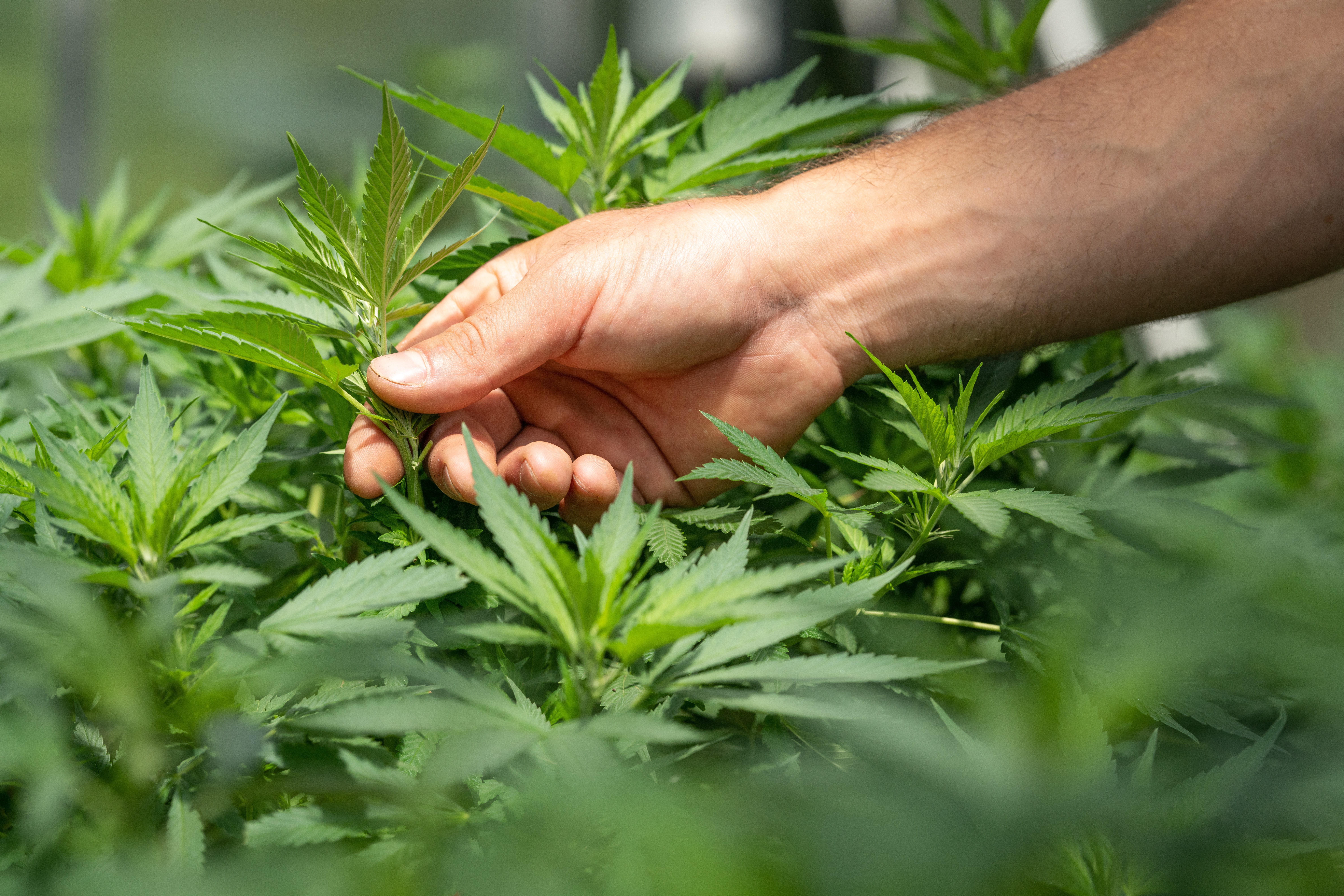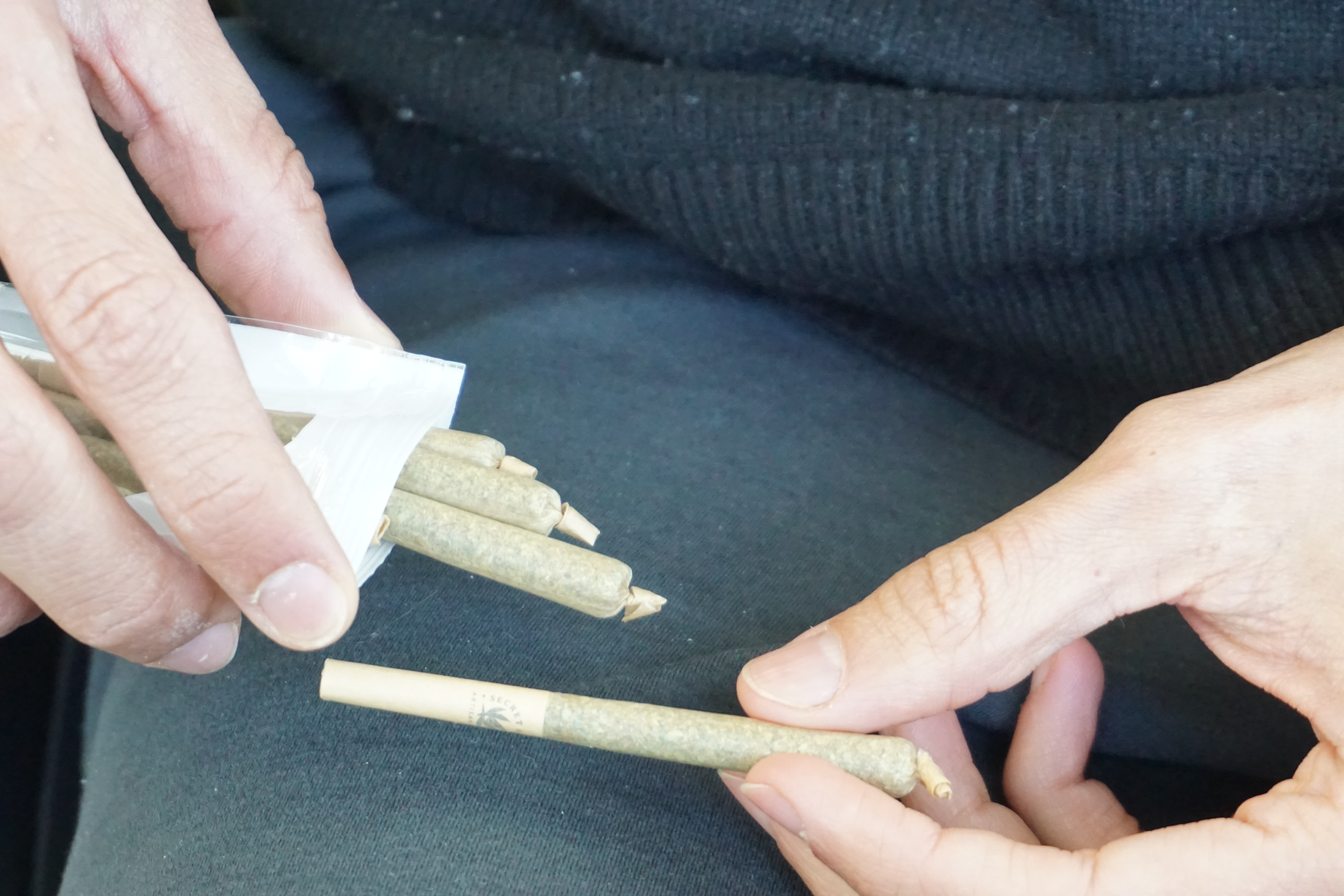Several sources have already shared some information on how CBD can help prevent and treat various health problems. In this article, we’re going to discuss and find details to answer the question, “Can CBD be used for PTSD?”
What is PTSD?
Post-traumatic Stress Disorder(PTSD) is a health condition that is related to stress, fear, and traumatic situations. To better understand this condition, let’s look at what the experts are telling us about it.
According to WebMD, PTSD is also known as “shock or battle fatigue syndrome”, which refers to a serious condition caused when a person witnessed or experienced a traumatic and terrifying event in life. It can be a threat or physical harm due to accidents or unwanted happening. WebMD also mentioned:
“PTSD is a lasting consequence of traumatic ordeals that cause intense fear, helplessness, or horror. Examples of things that can bring on PTSD include sexual or physical assault, the unexpected death of a loved one, an accident, war, or natural disaster. Families of victims can develop PTSD, as can emergency personnel and rescue workers.”
Most individuals who have experienced a traumatic event will have effects that may range from anger, shock, fear, guilt, and nervousness. Usually, these reactions are normal and may even fade away as time goes by. However, for people having PTSD, those feelings did not go away and even worsen. These may affect people’s lives and may cause them to fail in doing their normal routines.
Online research shared its definition of PTSD, like the following:
“Post-traumatic stress disorder (PTSD) is a disorder that develops in some people who have experienced a shocking, scary, or dangerous event.”
The same article also added:
“It is natural to feel afraid during and after a traumatic situation. Fear triggers many split-second changes in the body to help defend against danger or to avoid it. This “fight-or-flight” response is a typical reaction meant to protect a person from harm. Nearly everyone will experience a range of reactions after trauma, yet most people recover from initial symptoms naturally. Those who continue to experience problems may be diagnosed with PTSD. People who have PTSD may feel stressed or frightened, even when they are not in danger.”
Various factors such as genetics, personal behaviours, and neurobiology can contribute to the development of PTSD.
Who is at Risk?
A person can develop PTSD at any age. The following are the risk factors in developing PTSD:
- Trauma during childhood
- Women are more likely to acquire PTSD
- Lack of social support after a traumatic event
- Feeling of extreme fear, horror and helplessness
- Stress during pain, injury, and loss of property
- Death of a loved one
- Undergoing a traumatic event for a long time
- History of drug use
- History of mental illnesses
Symptoms of PTSD?
Various symptoms of post-traumatic stress disorder can have a big impact on your daily activities. Commonly, its symptoms start to develop during the first month after a traumatic event happens. However, in some cases, it can be delayed by some months or years before the symptoms are shown.
The following are the common symptoms of PTSD:
#1 Re-experiencing
This is the most common symptom of PTSD. In this condition, the person often involuntarily relives the trauma he has undergone. These usually happen through flashbacks, repetitive images that are distressing, physical sensations with sweating, trembling, pain, and having nightmares.
Some patients may have constant negative perceptions and thoughts about specific experiences. In addition, they may repeatedly question themselves on how to prevent or get rid of those traumatic events. Such feelings may lead to guilt and shame.
#2 Feeling of hyperarousal
There are times when PTSD patients may feel anxious and find it challenging to relax. These symptoms are related to the state of mind known as hyperarousal. This condition can result in:
- Anger outbursts
- Irritability
- Difficulty in concentrating
- Sleeping problems
#3 Avoidance and showing lack of emotions
People with PTSD are often observed to be avoiding certain places and people that can remind them of the trauma they have been. They also try to erase the memories of the traumatic experience. They even try to force themselves to not feel anything at all. This is known as emotional numbing.
Common Treatments and Therapies for PTSD
The following are the common treatments that are recommended for PTSD patients:
#1 Psychotherapy
This is also known as “talk therapy” which is done by having a conversation with a mental health professional. This is done to find the underlying cause of the disease and formulate the correct treatment. Most therapies are focused on family, social and job-related issues. A therapist may recommend a combination of therapies based on the patient’s needs.
#2 Medications
There are several types of medications that can be prescribed to treat PTSD, such as antidepressants.
How Can CBD Help with PTSD?
CBD is known to be one of the possible treatments for PTSD. According to Medical News Today, cannabidiol or CBD is considered one of the most common active compounds derived from the cannabis plant. CBD in various forms helps lessen and manage the symptoms of PTSD.
According to a 2019 study, CBD is found helpful in treating PTSD. However, it concludes that medical experts and other scientists still need to make further studies to discover its safety, effectiveness, and therapeutic uses.
Another study found out that using CBD immediately after experiencing a traumatic event will help it to make it difficult for the brain to create memories that can result in or cause PTSD symptoms.
In an abstract of a 2016 study, it was pointed out since CBD can work well with the endocannabinoid system it will bring promising benefits to treating PTSD.
“...drugs acting on the endocannabinoid system are receiving great attention due to their dual ability to modulate memory processes on one hand, and to reduce anxiety and depression on the other.”
Another interesting article published on VA.org discussed the different studies and research that said CBD oil can really help with patients with PTSD. The article concluded:
“There are several clinical trials and tons of anecdotal evidence on the effectiveness of CBD for helping with many of the difficulties our veterans are currently facing. From helping to relieve symptoms of PTSD, anxiety, chronic pain and more, CBD is becoming a popular choice for many veterans.”
Conclusion
So, what are the best forms of CBD that can be helpful in treating PTSD? From the various studies and claims, the known CBD products that can help alleviate PTSD effects are CBD oil, topicals, and edibles.





